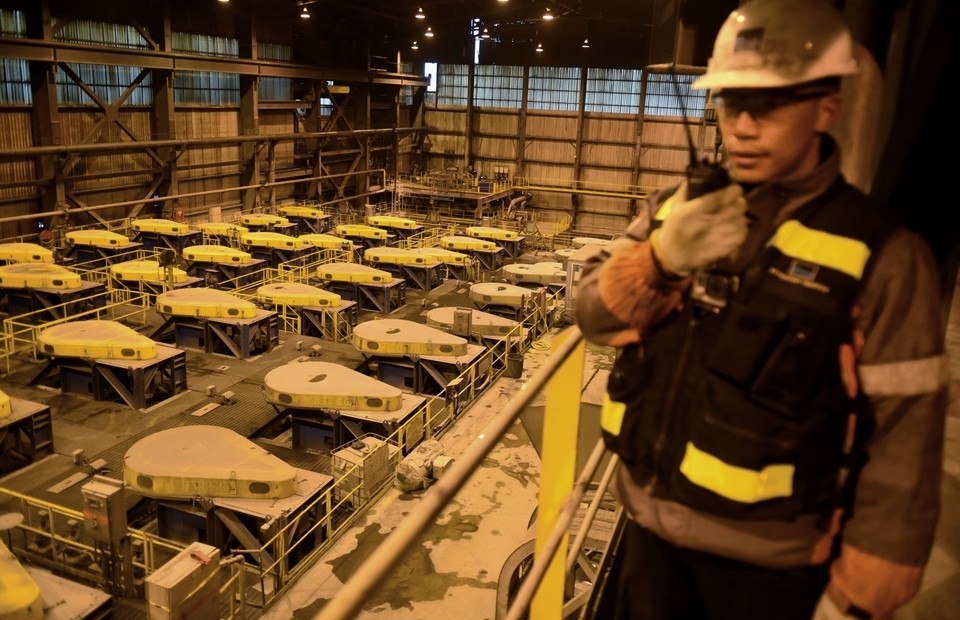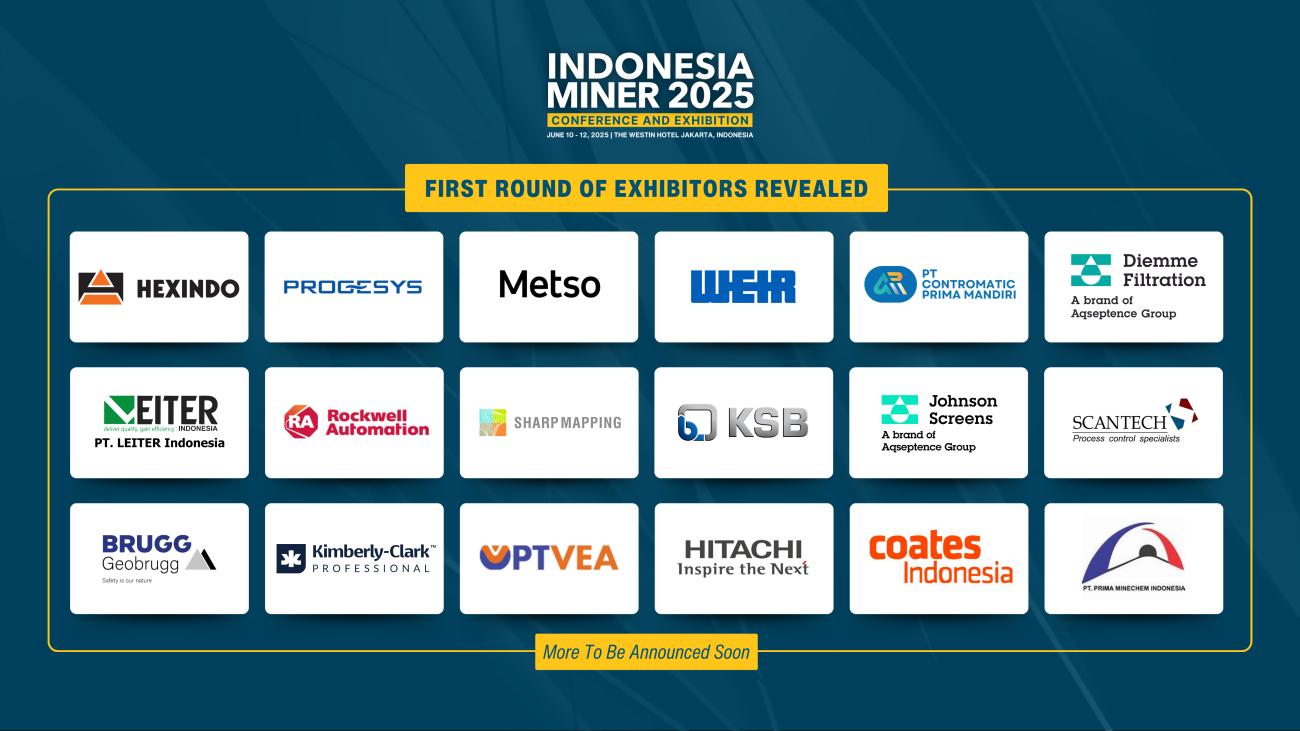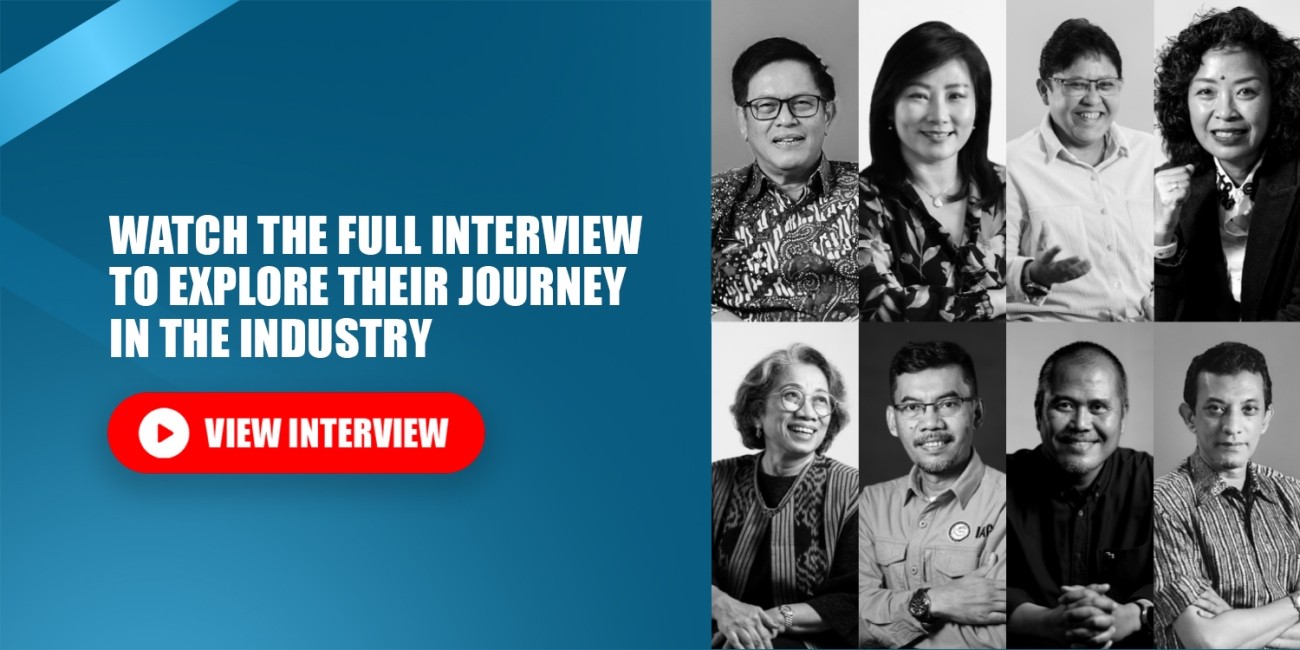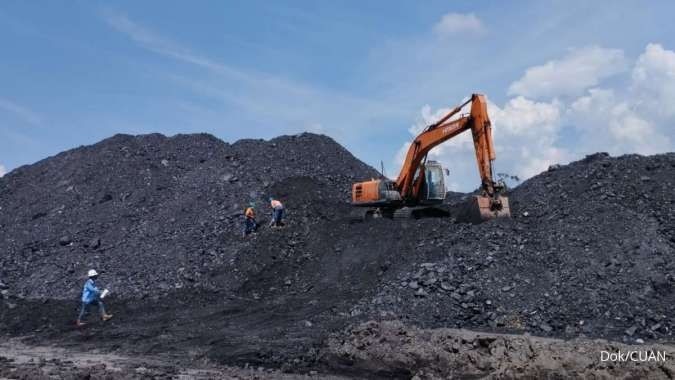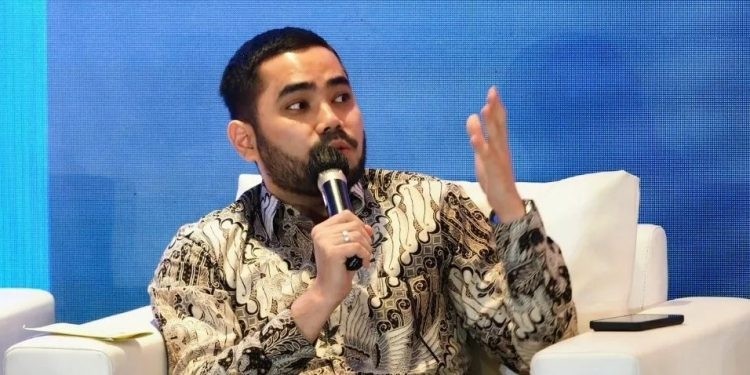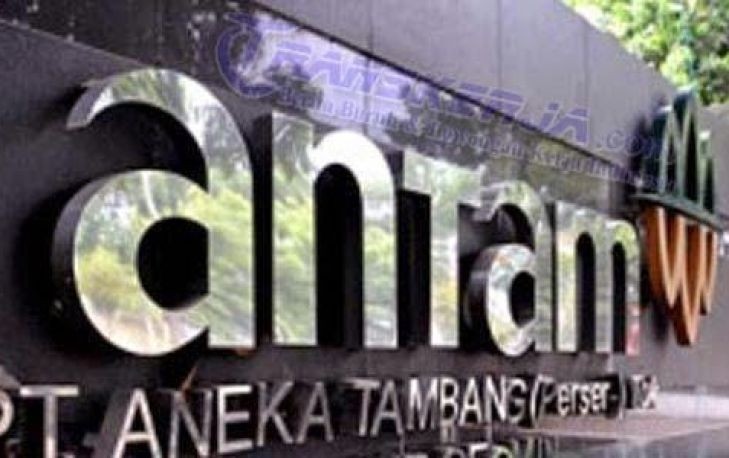The Indonesian government considers halting the export of unprocessed copper ores to encourage domestic processing of raw materials in the country’s industrialization push, following a similar policy on nickel and bauxite, President Joko “Jokowi” Widodo said on Tuesday.
After nickel ore exports were banned several years ago to force the opening of processing plants in Indonesia, the value of nickel export recorded a thirtyfold increase from $1 billion to around $30 billion in 2022, the president said in an exclusive interview with news broadcaster BTV at the presidential palace in Jakarta.
“We have stopped the export of nickel ores, then we expanded the policy on bauxite, and now we are calculating a plan to stop copper [ore] exports in the near future,” Jokowi told BTV Chief Editor Apreyvita Wulansari.
He said his government will not back down from the restriction on mineral ore exports despite challenges at the World Trade Organization from the European Union and other countries, stressing that foreign governments cannot dictate the terms of how Indonesia manages its own natural resources.
He quoted an article from the 1945 Constitution stating that natural resources shall be exploited “to the greatest benefit of the people”.
“Therefore I stated that not a single country can force us to export [raw minerals]. These resources belong to us so how come we aren’t allowed to process them inside our country?” Jokowi said.
Last month, the president announced a ban on all bauxite exports starting in June 2023 under the so-called downstream industry policy, following a similar move on nickel ore exports imposed on January 1, 2020
“If we have no courage to move forward and easily back down from our policy because of pressures [from other countries], we can never become a developed country, because prosperity is generated from the added value of our natural resources,” Jokowi said.
“Indonesia is not a closed economy. Our door is open to investment but please set up your processing plants here and run your industry in Indonesia so that we can create as many jobs as possible,” he added.
For decades, the Indonesian people haven’t reaped the true benefits of their own natural resources due to the absence of added value in export sales, so the current government has to force itself to be in stubborn determination to impose downstream industry at home, he said.
“If we are consistent with our policy, by 2027 we will own a huge ecosystem of electric vehicles and batteries. We are expecting a huge rush of the EV industry in Indonesia because the materials for batteries are here,” he said.
Source: https://jakartaglobe.id/business/indonesia-mulls-halting-copper-ore-exports
